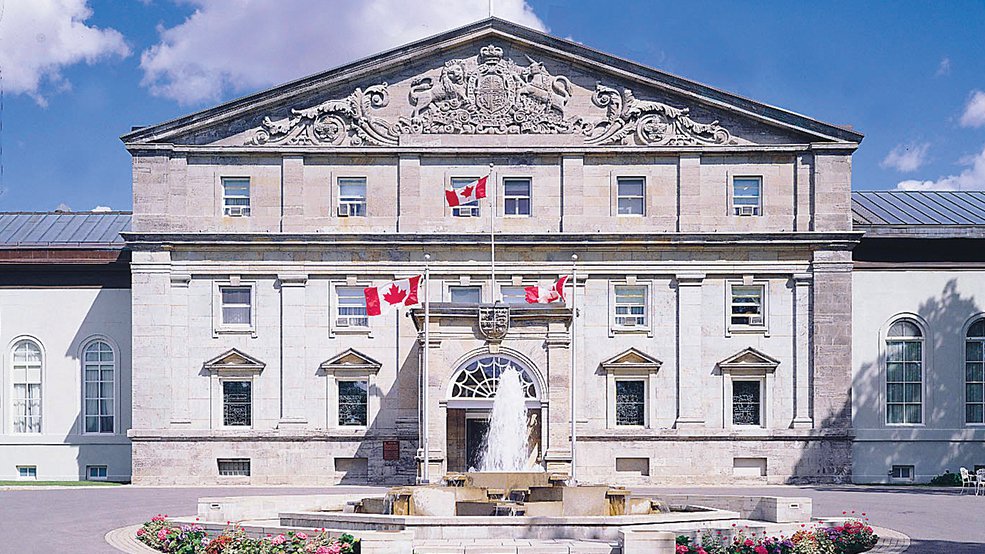With the Council of the Federation meeting today in Edmonton, they had a pre-meeting yesterday with some Indigenous leaders – others having opted not to join because they objected to it being “segregated” from broader Council meeting. While I can certainly see their point that they want to be full partners at the table, I have to wonder if this isn’t problematic considering some of the issues that the Council has to deal with – NAFTA renegotiations, inter-provincial trade, marijuana regulations – things that don’t really concern First Nations but that premiers need to hammer out. Two groups did meet – the Congress of Aboriginal Peoples (which generally deals with off-reserve and urban Indigenous Canadians) and the Native Women’s Association of Canada, citing successful talks, while the Assembly of First Nations, Inuit Tapiriit Kanatami, and Métis National Council stayed out of it.
While I’m sympathetic to these Indigenous groups’ desire to have full-fledged meetings with premiers, I’m not sure that the Council is the best place to do it, because they’re not an order of government so much as they’re sovereign organisations that have treaty relationships. While some of their concerns overlap, they don’t have the same constitutional division of powers as the provinces, so a meeting to work on those areas of governance can quickly be sidelined when meetings stay on the topics where areas do overlap with Indigenous groups, like health or child welfare, while issues like interprovincial trade or harmonizing regulations would get left at the sidelines as they’re not areas in which Indigenous governments have any particular constitutional stake. And yes, we need more formalized meetings between Indigenous leaders and premiers, I’m not sure that simply adding them to the Council achieves that, whereas having separate meetings – as was supposed to happen yesterday – would seem to be the ideal forum where they can focus on issues that concern them. Of course, I could be entirely wrong on this and missing something important, but right now, I’m struggling to see how the division of powers aligns in a meaningful way.
Oh, and BC won’t be at the Council table as NDP leader John Horgan is being sworn in as premier today, even though he could have scheduled that date earlier so that he could attend (seeing as this meeting has been planned for months).

